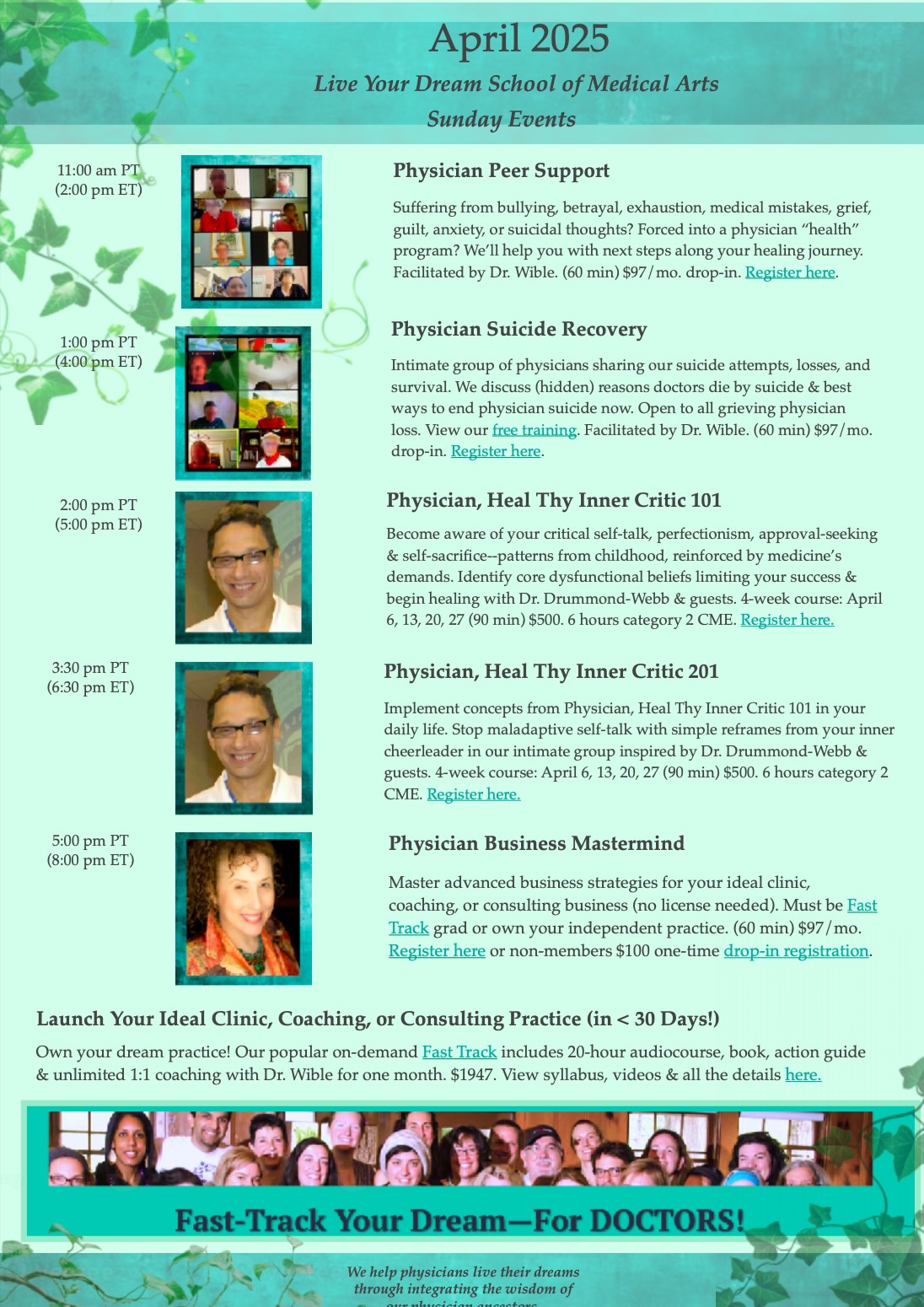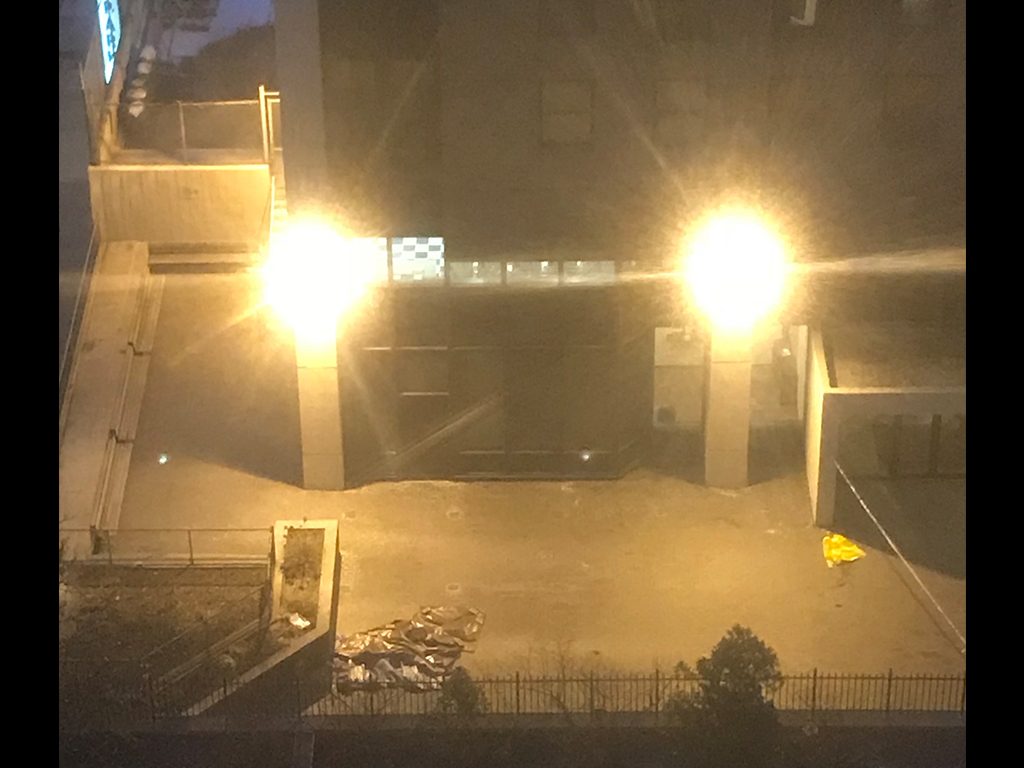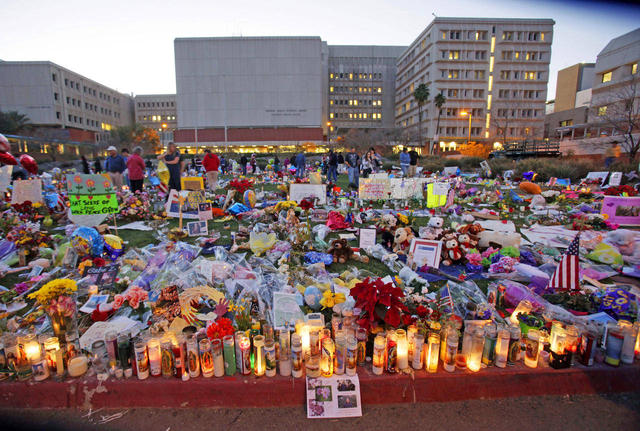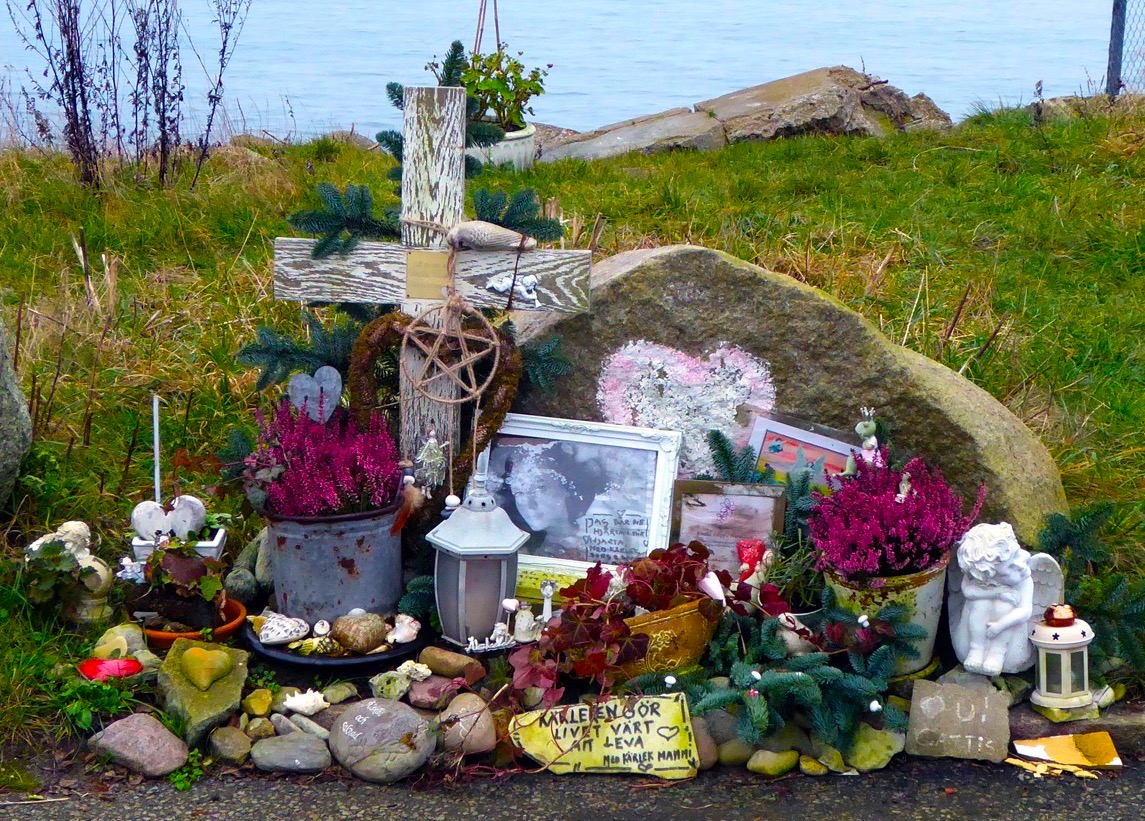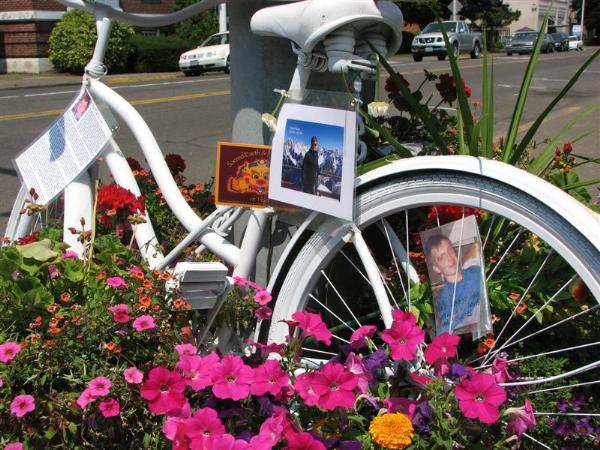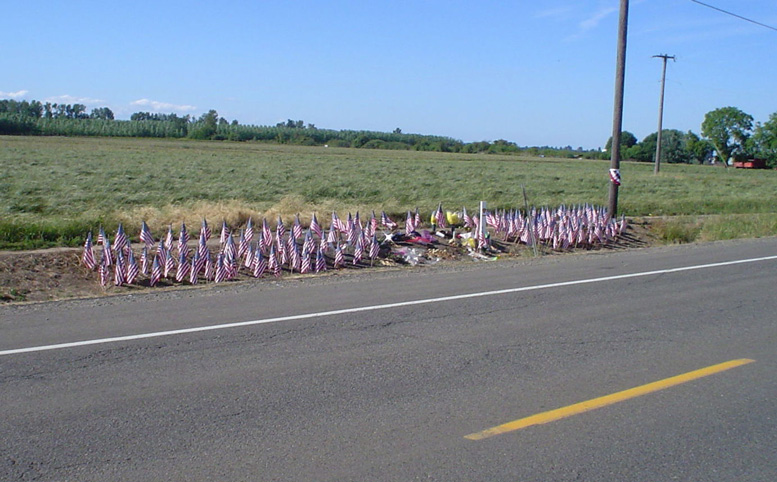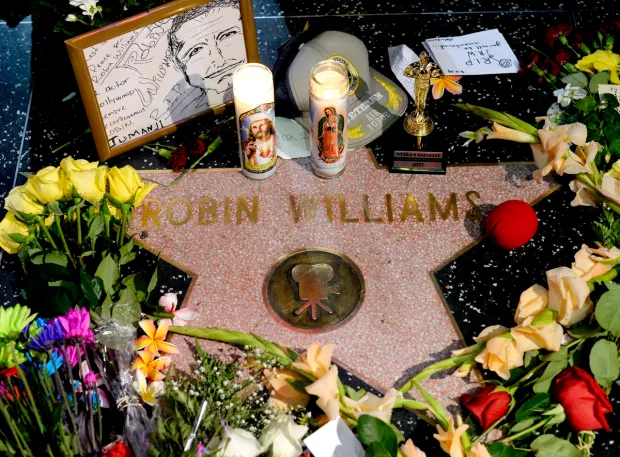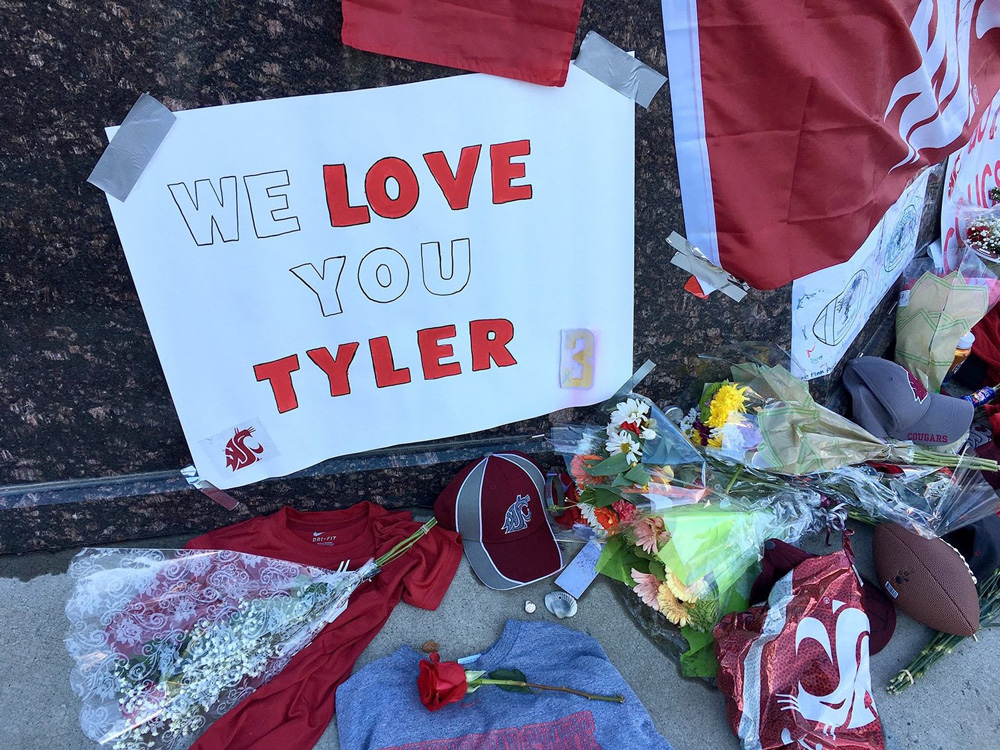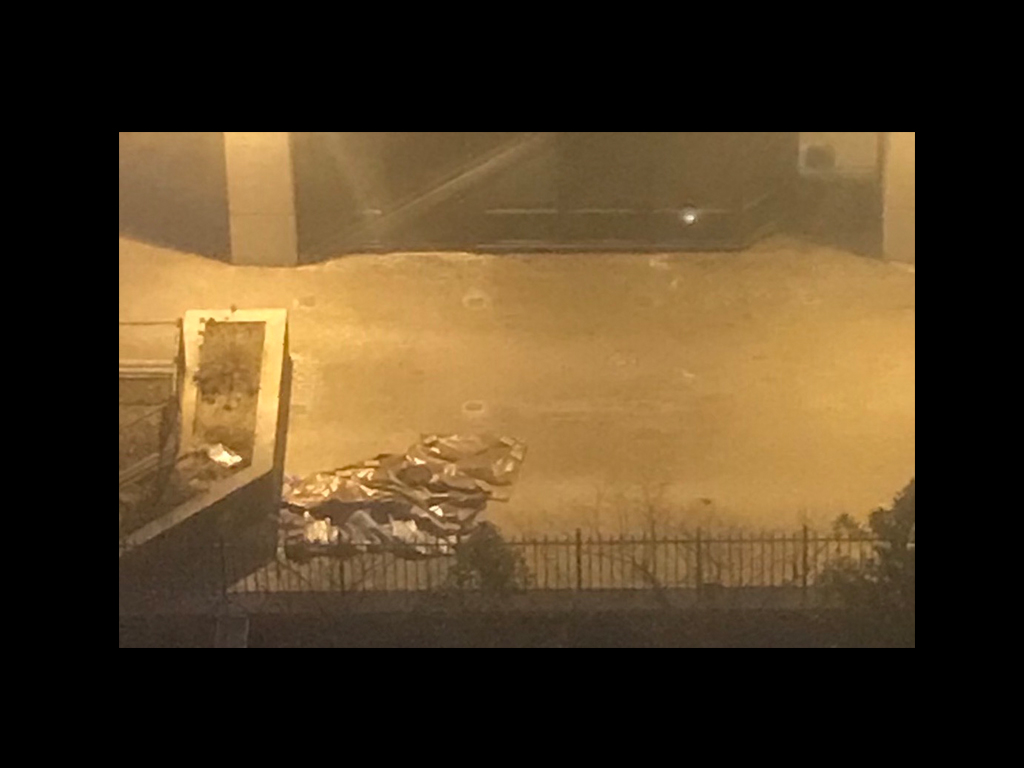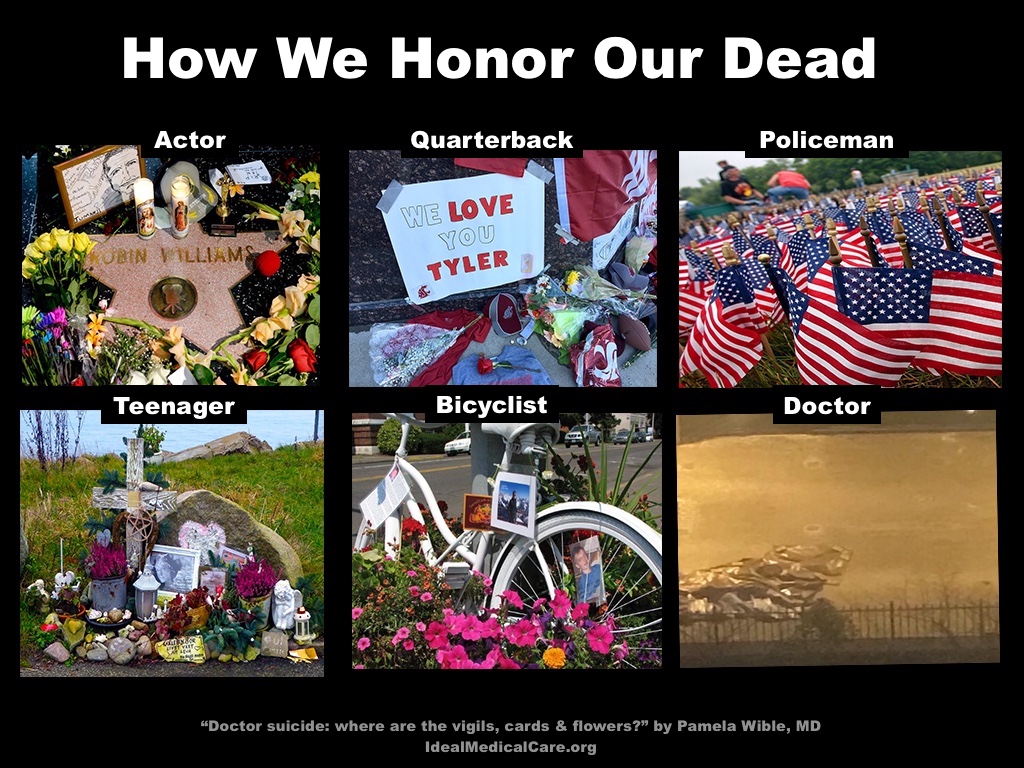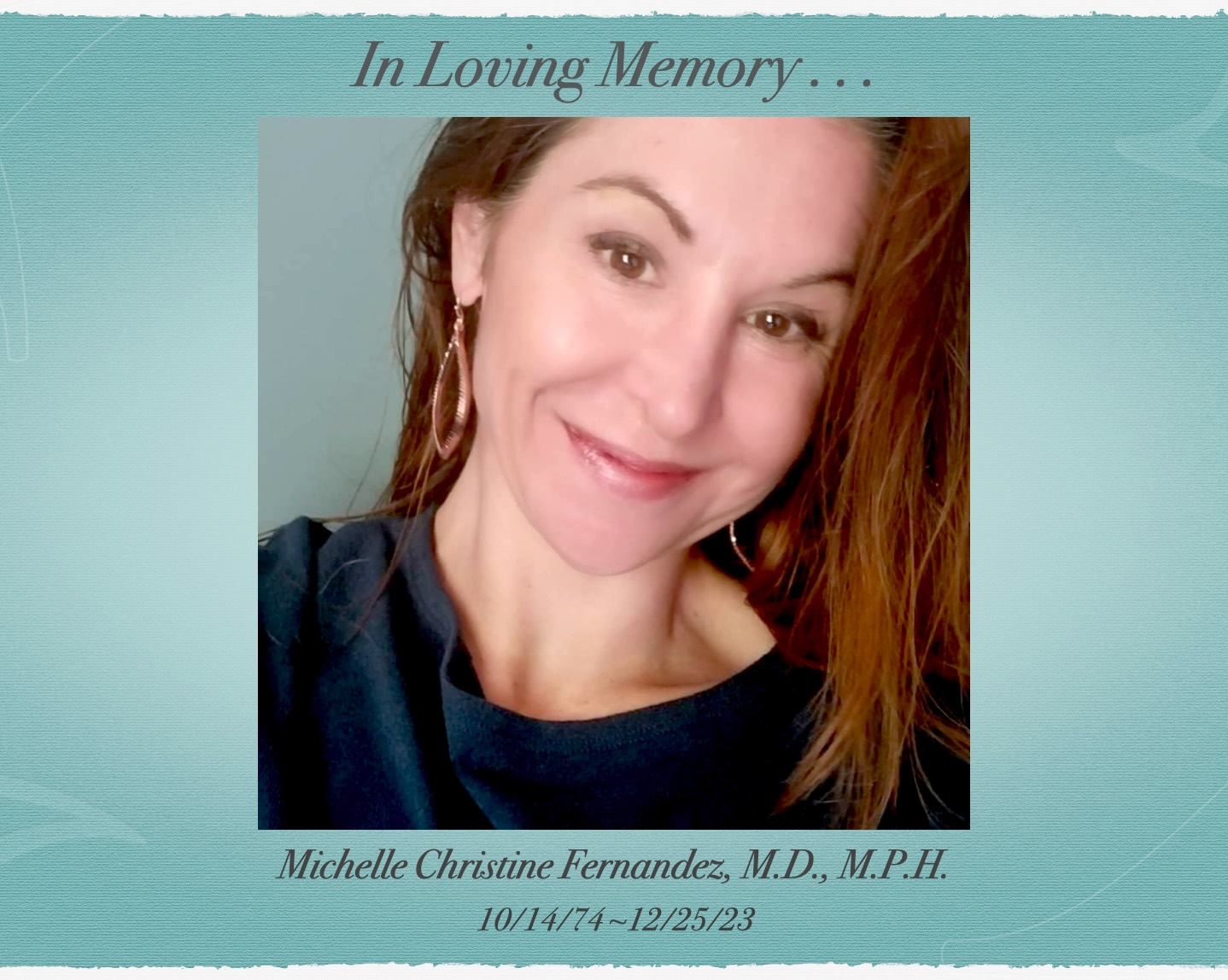
A passionate leader in emergency medicine, Michelle C. Fernandez, M.D.. M.P.H., traveled the world sharing her talents with those fortunate enough to witness her excellence. She died December 25, 2023, at age 49.
Asked why she became a physician, she replied, “When I figured out what I was capable of and what the world needs, there was no other choice.”
Dr. Fernandez was a wizard at “O.P.P.” (“Other Peoples’ Problems,” she quipped) and thrived as an adrenaline junkie, often working more than 30 days in a row. Thousands are alive today due to her medical prowess (defined as “bravery in battle”). Yet her prowess extended beyond crime-ridden US inner cities to Iraqi war zones and into Amazonian jungles.
After surviving her own childhood trauma, Dr. Fernandez devoted her life to serving the most traumatized. A graduate of Auburn University (1998), she received her Master of Public Health from Tulane University School of Public Health and Tropical Medicine (2002) and her Doctor of Medicine from Tulane University (2007). She completed emergency medicine residency at New York-Presbyterian in Queens (2010), where more than 130 languages are spoken in the emergency department by patients in the most ethnically diverse county in the US.
She found “her people” in New Orleans dive bars, Oklahoma Native American reservations, and at Iraqi gas stations, where she’d be hanging out conversing in Arabic with the owner and patrons. As a doctor, her greatest joy was to be fully present and deeply compassionate amid life-and-death emergencies.
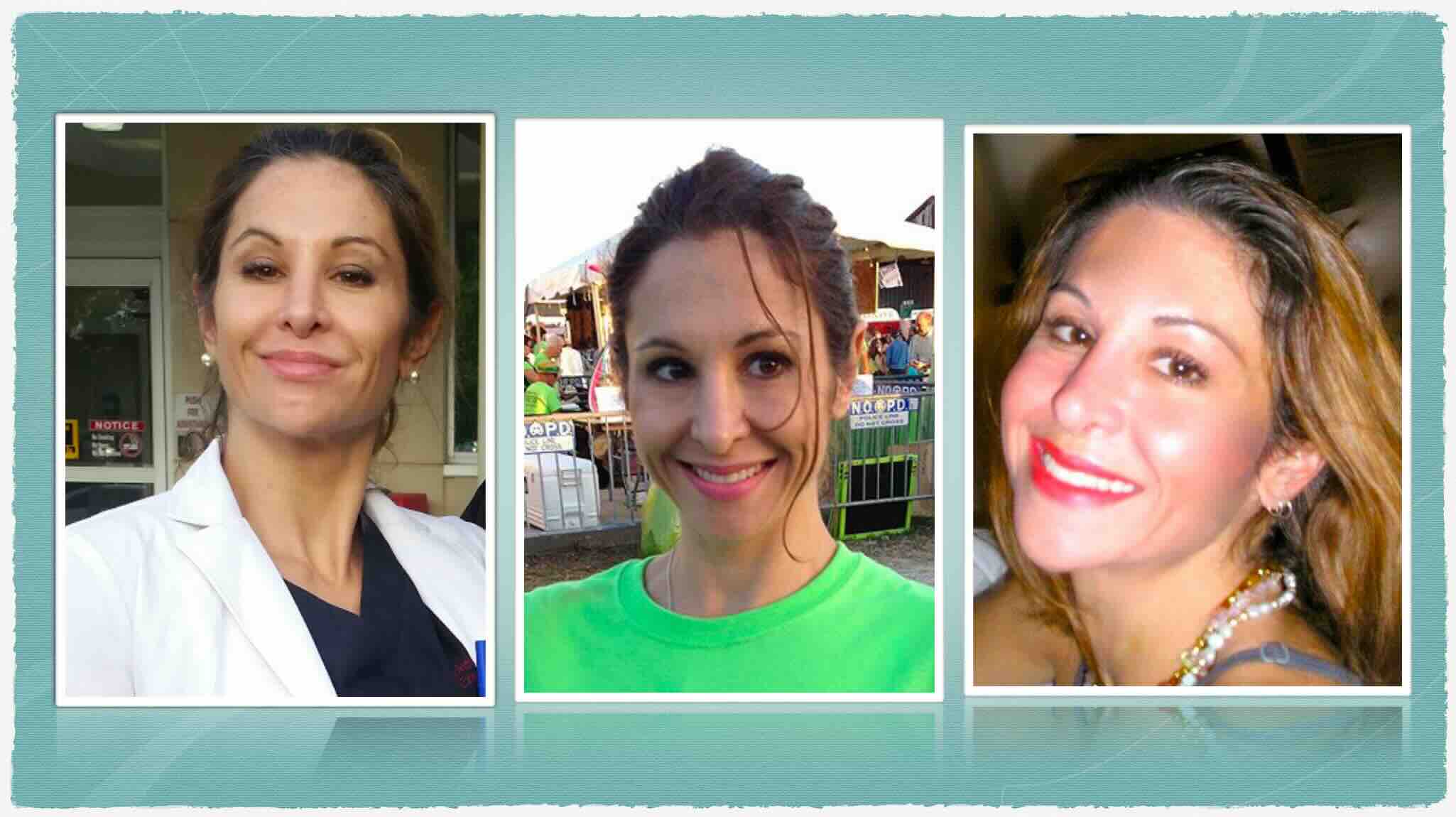
Michelle worked hard, but played harder. From night snorkeling in the Caribbean to racing her sports car down narrow New Orleans streets, spending time with Michelle was like riding a rollercoaster. You felt excited, a little nervous, and a bit scared. Yet when it was over you’d have survived one of the most exciting experiences of your life.
A fierce protector, unbreakable confidante, and force of nature, she was dubbed “Hurricane Fernandez,” by friends who labeled her a category 5 (and 5-star physician).
An unforgettable bundle of energy and memorable character in the minds of all, Hurricane Fernandez lived life in the eye of the storm, yet also shared love effortlessly. Gift-giving was her specialty and she delighted in presenting handmade cards and jewelry uniquely chosen for each person.
Dr. Fernandez had well-treated depression and ADHD, high functioning on her medications for twenty years—until her doctor retired. Despite help from physician friends with finding another doctor, Dr. Fernandez was unable to secure a new physician willing to continue her medications. As a result, she slipped into a state of depressive hopelessness and chose to end her life on Christmas Day 2023.
Preceded in death by her beloved rescue cat, Travis, she is survived by rescues, Egypt and Cheetah. Donations in her honor may be made to the cat rescue of your choice or physician suicide prevention programs at IdealMedicalCare.org.
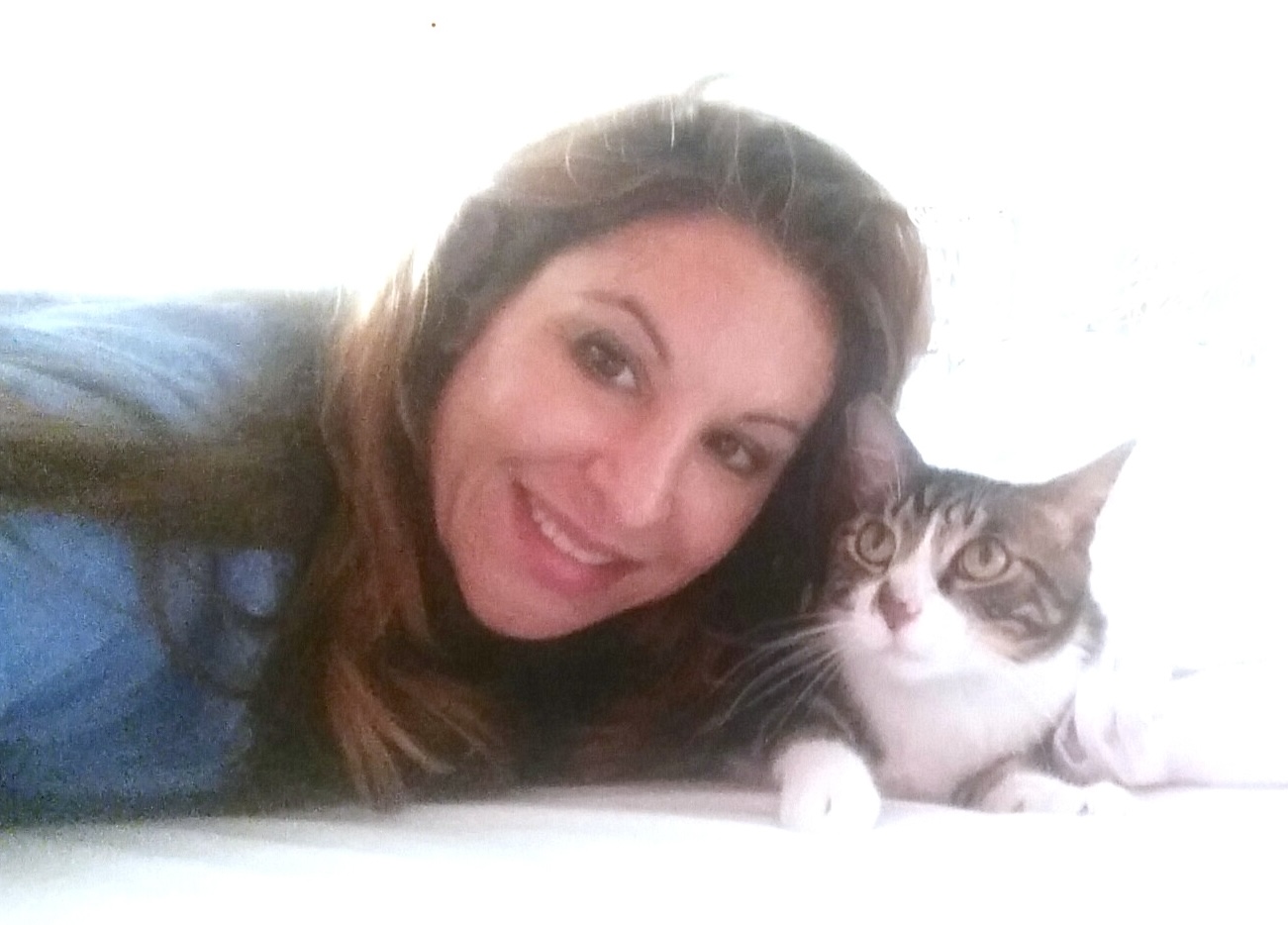
Dr. Michelle Fernandez & her rescue cat, Travis

